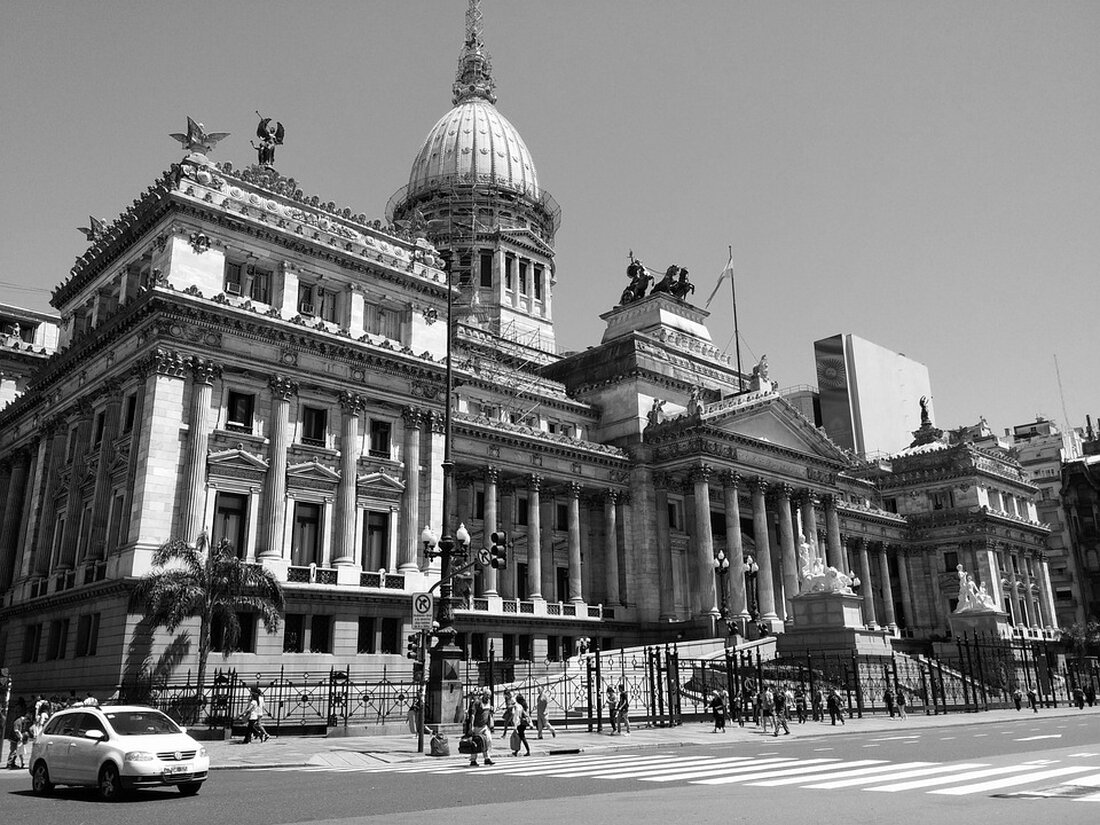At the tourism summit: Politicians must ensure recovery now!
The German tourism industry is calling for political reforms and support to overcome challenges such as inflation and geopolitical crises.

At the tourism summit: Politicians must ensure recovery now!
The tourism summit took place in Berlin on June 2, 2025, where representatives of the German tourism industry discussed urgent political support and necessary reforms by the new federal government. The industry is currently facing significant challenges, such as an economic downturn, geopolitical crises and noticeable uncertainty among companies and consumers. Sören Hartmann, President of the Federal Association of the German Tourism Industry (BTW), underlined the urgency of quick measures by the new government to stabilize and promote the industry.
In this context, there are positive approaches in the coalition agreement, which includes measures to reduce bureaucracy and reduce company costs. Anja Karliczek, Chairwoman of the Tourism Committee in the Bundestag, sees these provisions as a solid basis, but calls for these goals to be implemented quickly. The general manager of the German Travel Association (DRV), Achim Wehrmann, also emphasized the importance of keeping the promises made in the contract.
Urgency of reforms
Guido Zöllick, President of the Hotel and Restaurant Association (Dehoga), called for quick action in the industry and referred to the planned reduction in sales tax for meals in restaurants to 7% from January 2026. Heiko Reitz, manager at Lufthansa, urged the government to reverse the increase in air traffic tax in order to improve competitiveness. These surcharges contribute to low-cost airlines such as Easyjet and Ryanair reducing their activities in Germany.
Alett von Massenbach, President of the ADV airport association, warned of the consequences of this withdrawal, in particular the loss of connections to important European economic centers. Ulrich Lange, Parliamentary State Secretary in the Federal Ministry of Transport, also announced measures to reduce aviation costs and improve accessibility.
A look at the industry
The tourism industry in Germany is one of the most important economic sectors and generates around 4 percent of the country's added value. Almost 3 million people are employed in the tourism sector. The economic importance of this industry is comparable to that of key industries such as the automotive and mechanical engineering industries. This information illustrates the central role of tourism for the German economy, as well btw.de reported.
Nevertheless, the industry is currently confronted with the consequences of climate change, high inflation and economic uncertainty. Hartmann warned that rising prices could discourage lower-income vacationers from traveling. A YouGov survey found that a fifth of respondents plan to spend less money on travel in 2025. A similar number said they wanted to take vacations less often, while 11% said they wanted to take shorter trips. Only around 10% of those surveyed said they wanted to travel more often or spend more money this year, with households with a net income of over 4,000 euros in particular wanting to actively invest in travel.
On the other hand, 34% of people plan not to change their travel behavior significantly compared to 2024. These different opinions and behavioral trends reflect the uncertainties facing the tourism sector and highlight the need for the policy solutions found.
Overall, the players in German tourism are faced with the necessary interaction of political support, economic reforms and changes in consumer behavior in order to sustainably stabilize and strengthen the industry.

 Suche
Suche
 Mein Konto
Mein Konto